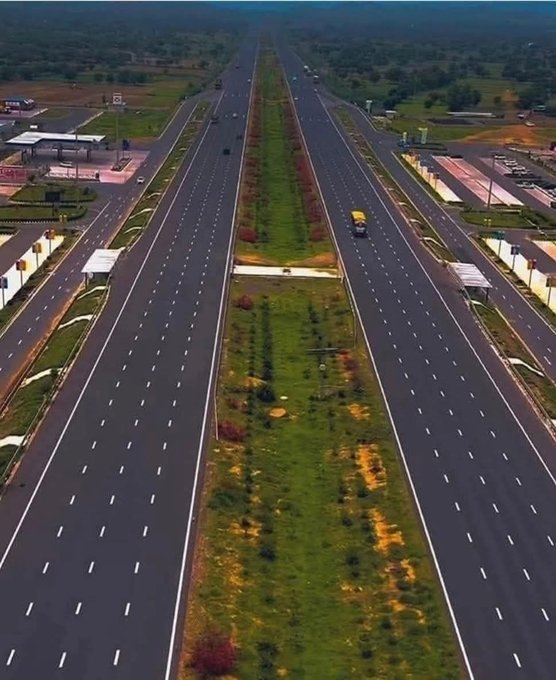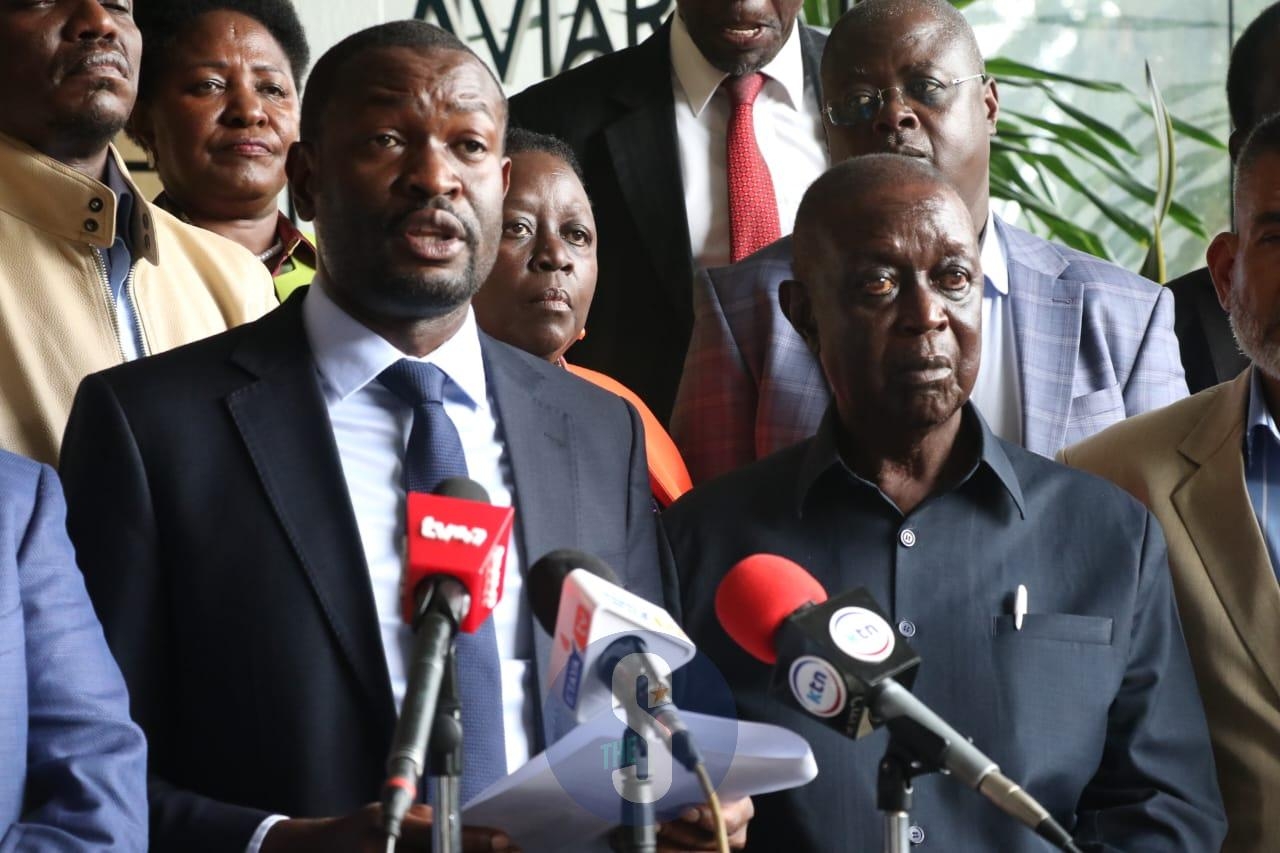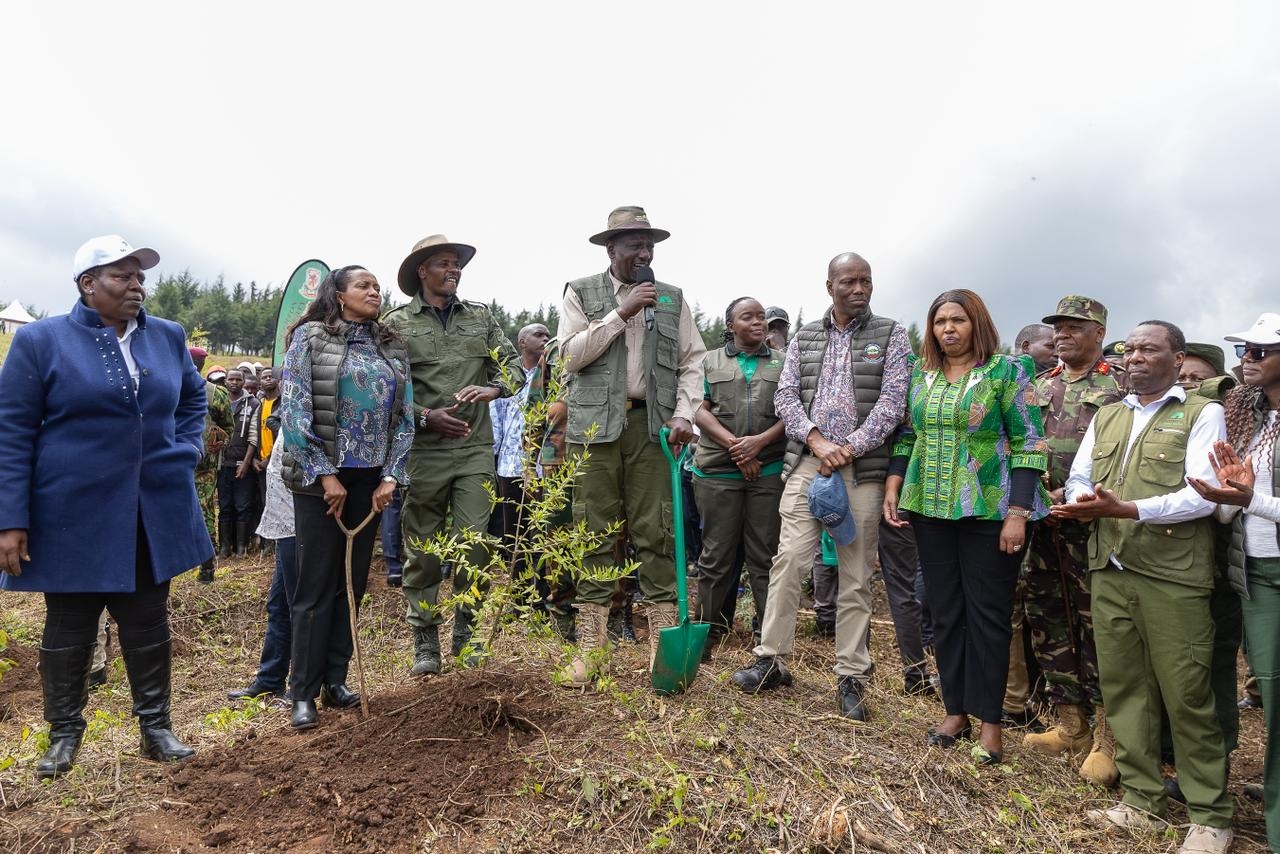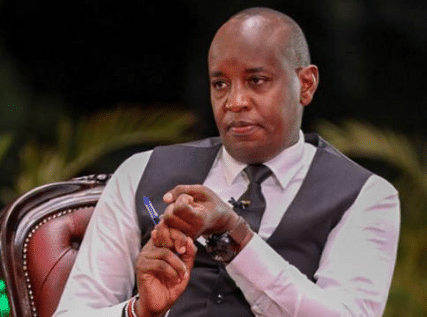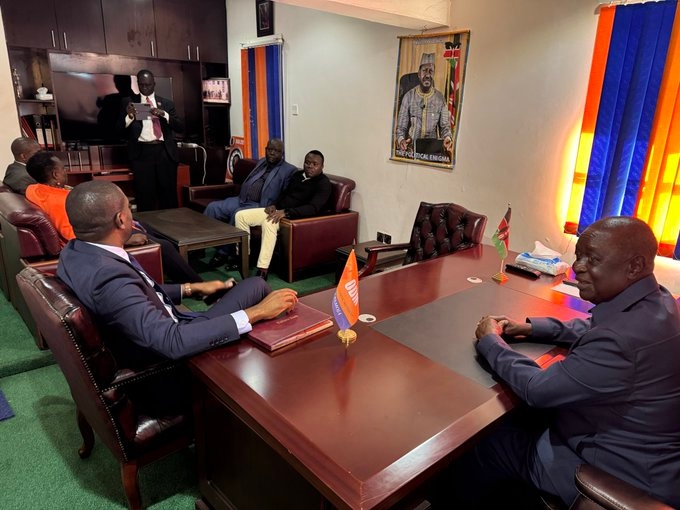As whispers of a looming constitutional referendum grow louder, a stark disconnect between the political class and the citizenry is becoming increasingly apparent.
While Kenyans grapple with a debilitating economic climate marked by soaring food prices, mounting job losses and crippling fuel costs, the calls for a costly and potentially divisive referendum ring hollow.
The timing of this push is insensitive, to say the least. It betrays a shocking lack of awareness of the daily struggles faced by ordinary Kenyans.
Many are struggling to put food on the table, keep a roof over their heads and provide for their families. In these trying times, the last thing they need is the distraction and uncertainty of a political circus disguised as a constitutional amendment.
The 2010 Constitution, while not perfect, was a hard-fought victory for Kenyans, born out of a desire for greater accountability, inclusivity and social justice. Tinkering with it at this juncture, without a clear understanding of the long-term benefits for the public, is both unnecessary and potentially dangerous.
Kenyans should reject plans for a constitutional referendum in 2024. The referendum is unnecessary, poorly understood, divisive, expensive and unlikely to achieve its stated goals. Leaders should focus on addressing the country's economic and social challenges, rather than engaging in a costly and divisive referendum.
Last week, the National Dialogue Committee presented its report after months of intense deliberations on the best way forward for our nation
Let me be the first to commend the chairpersons for their good job. Their meetings have reduced political temperatures in the nation after maandamano and Kenya can finally move forward after the election
The proposals include an amendment to extend the term of senators from the current five years to seven. It is also proposed to clearly define the roles and responsibilities of IEBC commissioners leading up to the declaration of final presidential election results.
They have proposed to extend the time limit for the Supreme Court to hear and determine petitions challenging the validity of presidential elections from 14 days to 21 days.
There is also a proposal to establish the office of Prime Minister, nominated by the President and appointed with the approval of the National Assembly. This is in addition to the establishment of the Office of Opposition Leader.
After making such good progress, it’s unfortunate that the opposition side has decided to bulldoze their proposal to return the BBI. They are only interested in the last proposal as they are just thinking of their political needs.
For the avoidance of doubt, the push for the BBI failed in the last government because it was an ill-timed and selfish endeavour created to benefit only a few people.
During a visit last week to my rural home, I was shocked to find wananchi going to the shops daily to buy small quantities of what they need at home. You can now buy a small packet of sugar with five tablespoons, and tea that’s one serving since they have only enough money to last them one day. Finding someone buying 1kg of sugar is unheard of.
If you then go back to those same citizens in the rural areas and tell them that we need to spend billions and start campaigns for a referendum so that we can accommodate some additional people in government, they will think that the leadership in this country is disconnected from their plight.
Kenya is currently facing many economic and social challenges. The country is experiencing high inflation, unemployment and poverty. These issues should be prioritised over constitutional reform.
The referendum is likely to be divisive and could lead to increased political instability. The 2010 referendum was very divisive and there is a risk that a 2024 referendum could be even more so. This could lead to increased political instability and violence.
The referendum is likely to be expensive. The 2010 referendum cost billions of shillings. The 2023 referendum is likely to be even more expensive. This money could be better spent on other priorities, such as education and healthcare.


